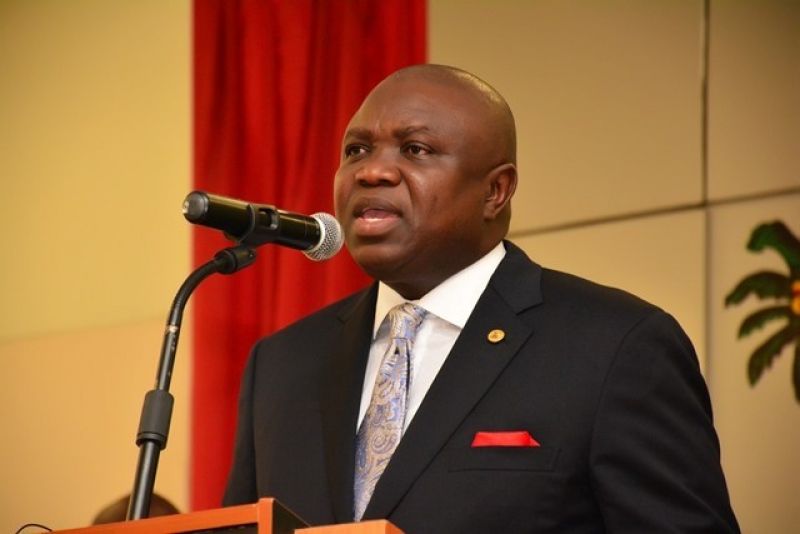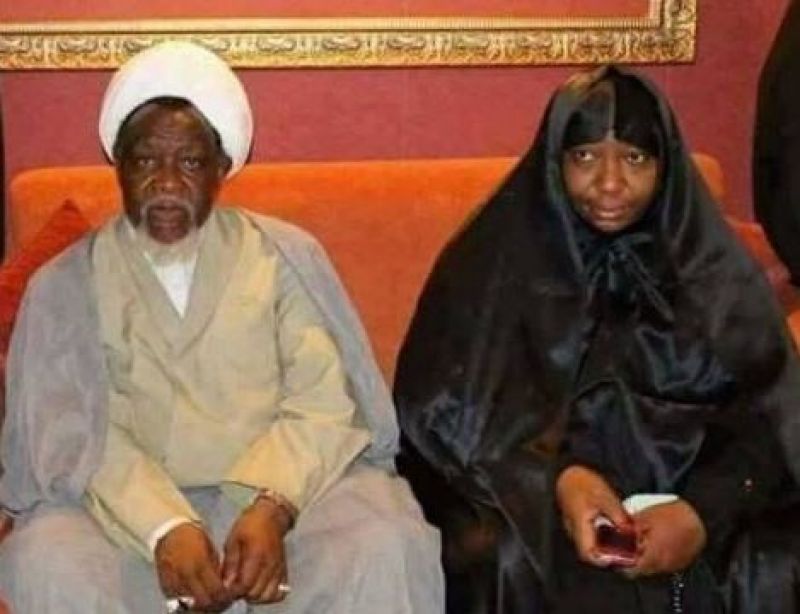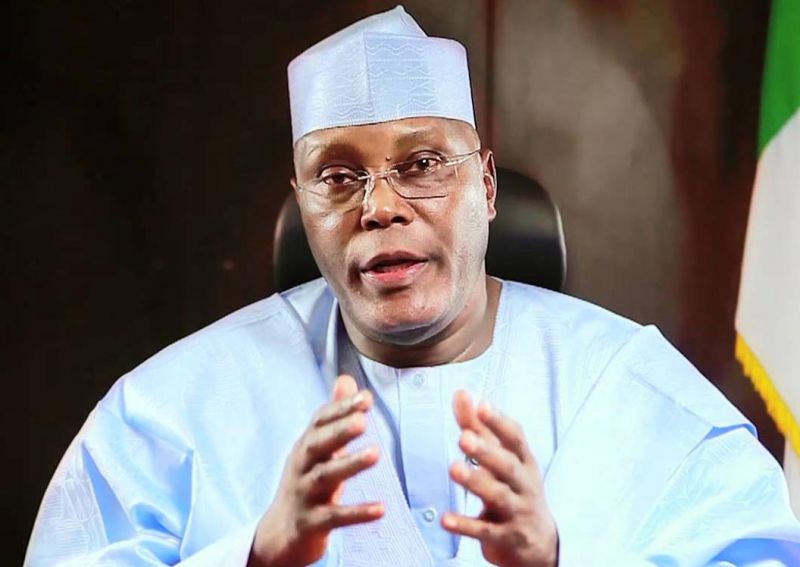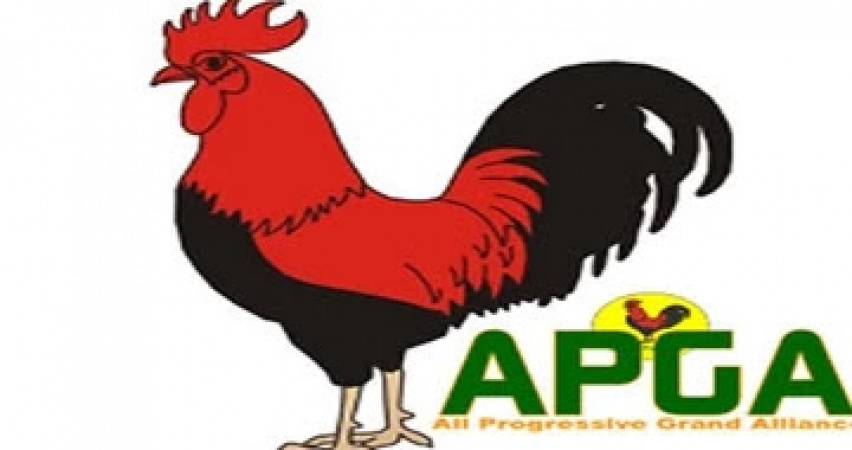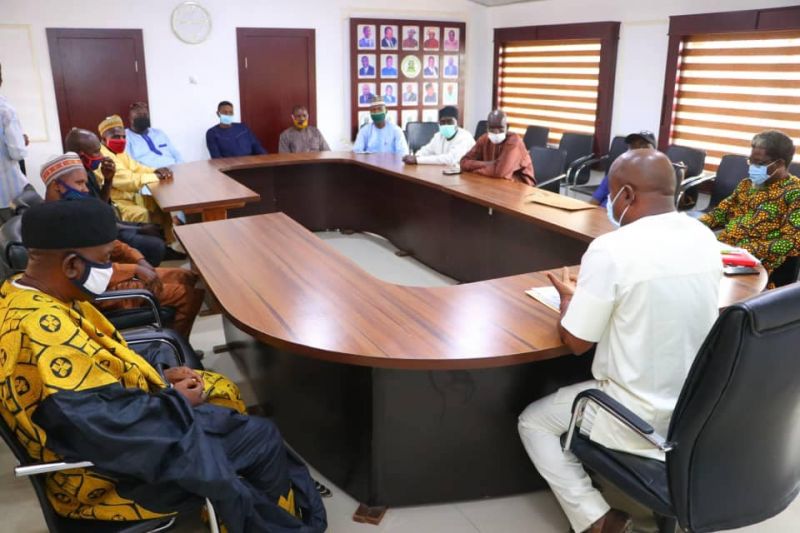ABSU Versus Abiapoly: the Tale of Two Abia Parastatals
Posted by Admin | 5 years ago | 3,166 times
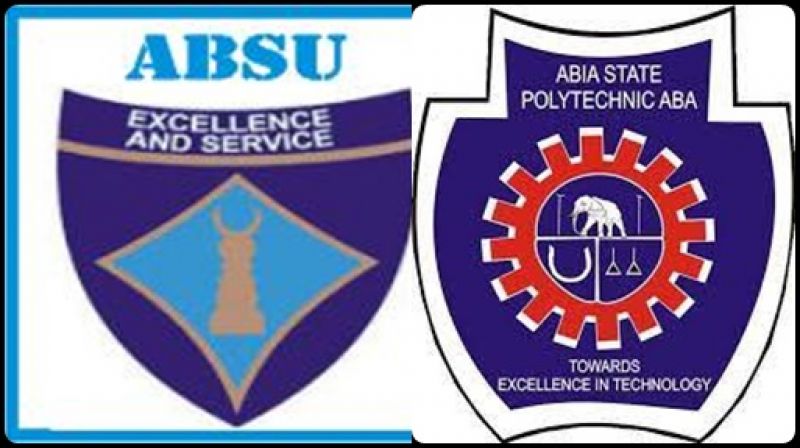
State parastatals are by law, at least, semi autonomous with powers to generate revenue from their operations and use the revenue to run their affairs without remitting any portion to state government account. Parastatals' salary structures are usually different from that of other civil servants in the state as they determine, to a large extent, what they can pay as wages according to the specific wage structure within their Labour group.
As at today, 10th December, 2018, staff of Abia State University (ABSU), Uturu, are already receiving their November 2018 wages while staff of Abia State Polytechnic (Abiapoly) are currently protesting months of unpaid wages.
Given that both are parastatals of Abia State, you might ask why this is so.
It's simple!
In the past, core state civil servants working with Ministries, Departments and Agencies (MDAs) lobbied to be transferred to parastatals like Abiapoly with more attractive wage structure and regularity of wage payments. Opportunity for all kinds of deals were also available.
In 2015, after Governor Ikpeazu’s administration was inaugurated, he engaged the management, local Labour union and other stakeholders of Abiapoly to find out how his administration could help the institution improve its operation and end the era of frequently embarking on strikes which usually impacted academic activities negatively.
Following that engagement, it was discovered that the institution owed about N2bn loan obtained at commercial interest rate. The institution had more bank accounts than the number of licensed commercial banks in Nigeria.
The stakeholders of Abiapoly passionately appealed to Governor Ikpeazu to help the institution exit the debilitating loan whose interest they were servicing monthly with millions of naira, and promised that if the burden of the loan was relieved of them they would be able to operate with the revenue they make from students as well as establish other income yielding ventures to enable them operate smoothly.
Governor Ikpeazu paid off the N2b facility without hesitation and has continued to support the institution with N90m monthly subventions which are not necessarily to be applied to wage payment.
Assuming the Governor had chosen to ignore their pleas but continued paying only the statutory monthly subventions, you can divide N2 billion by N90m to see how many months of subventions that would have amounted to and then add more than 30 months of N90m subventions already paid to date. Meanwhile the institution continued to receive school fees from students of about N53,000 per session.
Abiapoly’s wage bill in 2015 hovered around N170m monthly with the student population declining from a high of 26,000 to current less than 12,000.
I will explain later, why, in my view, the student population is declining.
On the flip side, Governor Ikpeazu met an ABSU that had some backlog of unpaid salary but today the institution is up to date with payment of workers' salary, the student population is increasing and they now have a new campus outside Uturu with their local and international rating improving astronomically.
Aside from the current general strike called by Academic Staff Union of Universities (ASUU), staff of ABSU have not embarked on any local strike or protest since Governor Ikpeazu came on board. Academic activities was never disrupted in the past 42 months.
Given that the major revenue source for tertiary academic institutions is student school fees, why is the student population at Abiapoly dropping?
The answer can only be found within the school. Information available to me indicate that lecturers of the school concurrently teach at a private Polytechnic in Aba, in addition to their existing work at Abiapoly, and in exchange for the PP (private practice) they receive monthly payments of between N30,000 and N50,000 for teaching exactly the same thing they teach at Abiapoly and receive monthly salary of N200,000 to N500,000 in addition to pensions and other allowances.
With low overhead, the proprietor of the private Polytechnic is able to reduce students school fees below the level of Abiapoly in addition to guaranteeing zero strikes and protests. The effect is that students now prefer the private Polytechnic for reasons of low fees and academic calendar stability. The private institution is now advanced in the construction of its permanent site located around the Owerrinta education cluster.
I will never support any worker being owed his monthly wages but when I see a leaking pocket I will also not advise anyone to put his money there. When Abiapoly workers protest non payment of wages many react emotionally and shout “Abia State government” without even bothering to look at the extant law setting up the institution to see who exactly has direct responsibility to pay the workers.
Permit me to repeat this: Abia State Government is not statutorily responsible for the payment of the monthly salary of parastatals' workers as those institutions are permitted to make revenue and use same to pay their workers. Mismanagement of local institutions and over bloated wage bills are responsible for failure of some parastatals to pay workers regularly.
The management team of financially distressed parastatals should help sow up the leaking pockets, prioritize workers' wellbeing and ensure that they only have the workers they need with requisite qualifications and then take necessary measures to improve revenue inflow.
As a responsible government, the Ikpeazu-led administration will continue to help the ailing parastatals in the hope that they will also help themselves by doing the right thing. We will continue to pay subventions and make other extraordinary provisions to support the institutions because Abians are working there and they also deserve their wages.
It should be noted that all Abia State Ministries, Departments and Agencies (MDA) that the state government is directly responsible for the payment of their monthly wages are UP TO DATE as they are already receiving November 2018 wages. Abia State Government workers are also the BEST PAID in the south east region of Nigeria and that is why most non Abians want to work in Abia State civil service. This administration also resisted advice to slash wages, as others did, because we believe that our workers deserve the best.
While the monthly wage bill of Abia State is currently around N2.7b that of a Sister state is N900m, including pension. Our monthly pension bill alone is more than N425m.
The Ikpeazu administration recognizes that regular payment of workers in our parastatals is one of the challenges we are yet to totally solve.
We will solve the problem.
Broadcasting Corporation of Abia State (BCA) used to have challenges with regular salary payment as a parastatal, but the state government took over the payment of the workers and today BCA workers are up to date with salaries and their pensioners are NOT OWED even a month’s pension.
There are industry issues that make it impossible for the state government to take over parastatals like Abiapoly, receive their revenue and pay their workers directly. Institutions like Abiapoly operate under certain national regulatory framework that enabled them to be licensed in the first place as largely autonomous entities.
Interestingly, Abiapoly workers earn higher wages than workers in other state polytechnics in the South East. In fact, some of their lecturers earn higher than Professors at Abia State University and I heard recently that they have a department with 2 students but 4-6 lecturers.
Abiapoly and other parastatals can help themselves through internal reformation of their operations, honest self regulation and creation of new revenue streams. Under the watch of Vice Chancellor Prof Ikonne, ABSU is producing and selling bottled water, writing books and prudently managing external grants to support revenue growth. The student population is growing with new courses being accredited. They are using online school fees payment platforms to cut out fake receipts and payment avoidance by students. ABSU is even making revenue from providing accommodation to students and I have repeatedly wondered why the authorities of Abiapoly cannot go to private accommodation owners to negotiate on behalf of students and charge a small premium to rent the rooms to the students. In my undergraduate days, our school did not own any hostel but rented buildings and charged us a premium to provide “school accommodation”.
Abiapoly is capable of making similar internal operational changes to help themselves and I personally recommend that they do so. The government will surely support them with bridge financing to pay genuine workers as nobody is happy when workers are not paid, whether in public or private sector institutions.
In the coming days the state government will intervene at Abiapoly to ensure that the workers enjoy merry Christmas with other workers paid directly by the state government who are already receiving November wages and will soon commence preparation for December salary payment.
Ultimately, the administration that thought out Enyimba Economic City will also solve issues of outstanding salary payment in our parastatals. That is a promise that will be kept without mass retrenchment or slashing of workers' wages by any fraction across board.
Those campaigning on parastatals salary distress should lay out their cogent thoughts backed with figures for the world to see. Mass retrenchment is not a solution but rather a pyrrhic approach that will ultimately lead to increased security expenses and social upheavals.
Readers Comments
comment(s)
No comments yet. Be the first to post comment.
